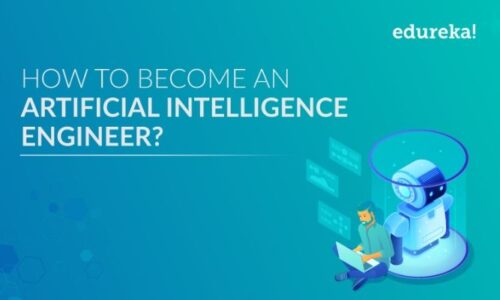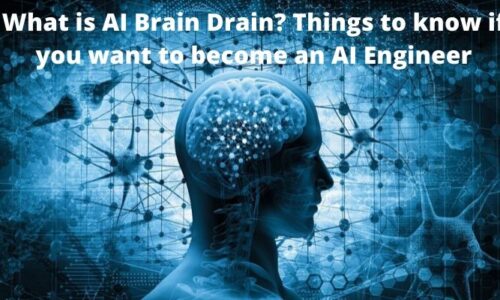AI, short for, Artificial Intelligence, is the branch of computer science that deals with the replication of the human mind. There are three types of AI: Weak AI, Strong AI, and Hypothetical AI.
What does AI stand for? In this article, we will go through every detail about AI from advantages to disadvantages, and even a comparison between augmented intelligence, and artificial intelligence.

What exactly is an AI?
AI are machines that replicate human intelligence to carry out basic tasks. An example would be Siri from Cortana – it allows you to search anything through your voice, plan a schedule, and even have a conversation (Although, it’s a limited conversation). Looking at the specifics, AI applications include expert systems, natural language processing (NLP), machine vision, and speech recognition.
Their main focus is on three skills that are learning, reasoning, and self-correction. The learning process allows an AI to acquire information and data, and they use that information to create rules on how to turn it into successful actions. AI carry out certain tasks via algorithms implanted in them.
Algorithms provide step-by-step instructions for computer systems, allowing them to carry out certain tasks. The reasoning process allows AI to choose the correct algorithm needed to carry out a specific task. The self-correction process allows them to continually fine-tune algorithms to ensure the most accurate results possible.
Advantages and Disadvantages of AI:
Artificial Neural networks and deep learning AI technologies have evolved massively over the years. Currently, AI can process large amounts of data in an instant, and make predictions much sharper than humans ever could.
AI can process large amounts of data and turn them into actionable information, while the same would burden a human researcher massively. The downside is that it’s super expensive to process the large amount of data that is required to program an AI.
Strong AI vs. Weak AI:
There are three types of AI, but the third one is still hypothetical as it completely replications the functions of a human. The two that have been created are categorized as Weak, and Strong AI. Weak AI is more commonly known as “Narrow” AI or ANI. It’s designed to perform basic tasks. Some examples are Industrial Robots and virtual personal assistants like Cortana from Windows.
Strong AI is more commonly known as Artificial General Intelligence (AGI) and can replicate the human brain to a greater extent than Narrow AI. Strong AI can carry out a specific task without being programmed specifically for it via fuzzy logic. Strong AI passes both a Turing test and the Chinese room test.
Augmented Intelligence vs. Artificial Intelligence:
Some industry experts believe that AI may be linked to popular culture, causing the public to believe that AIs could overthrow humans in the near future. Researchers and marketers have been using Augmented Intelligence as a way of helping people understand that AI will only improve products and services.
The concept of AI being so superior to humans that they may take control is just science fiction and the type of AI that could accomplish such a feat is still just hypothetical but might be possible in the near future.
Components of AI:
The use of AI has been growing incredibly over the years, and now vendors have been promoting products that make use of AI. Oftentimes, that only includes one aspect of AI like machine learning. For an AI to function, one must include a foundation of specialized hardware and software for writing and training machine learning algorithms.
AI programming isn’t done in a specific language, but rather in several languages. These languages can include Python, R, and even Java.
What does AI stand for? – Conclusion:
“What does AI stands for?”. The answer to this question has been mentioned in detail along with the types of AI, and its components. The use of AI is growing quickly, and the hypothetical AI could be accomplished soon. We hope this clears up everything you wanted to know about AI. If you have any further queries or would like to add something to this article, feel free to comment down below!
Read More : Why Does My Wi-fi Keep Turning Off ?




